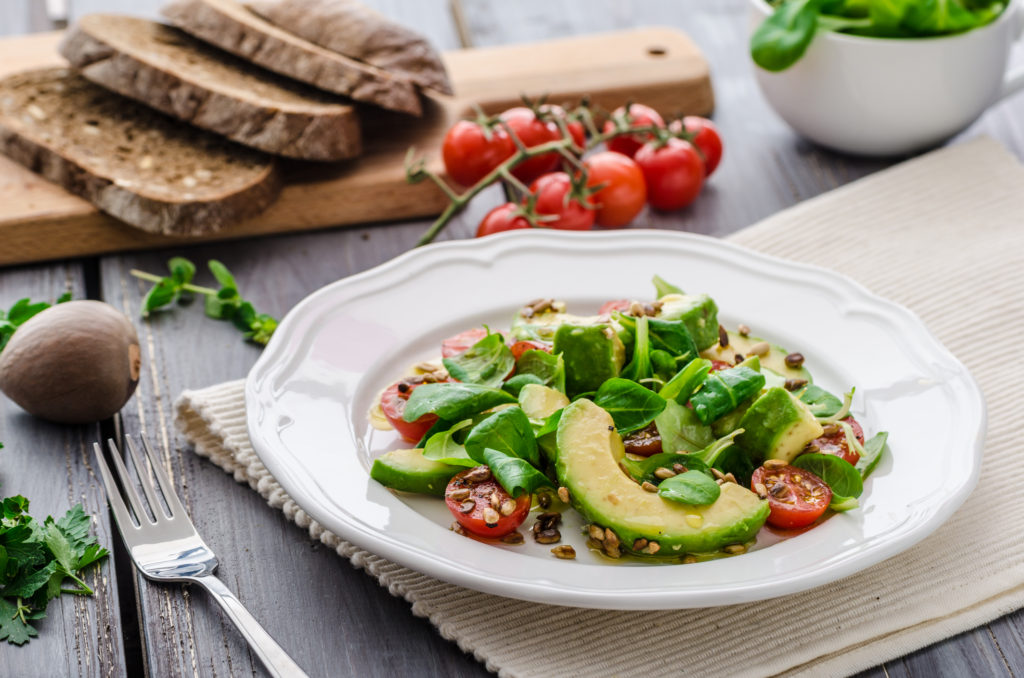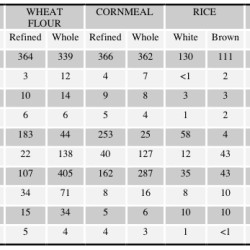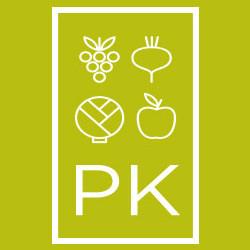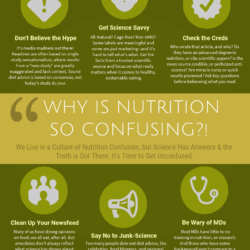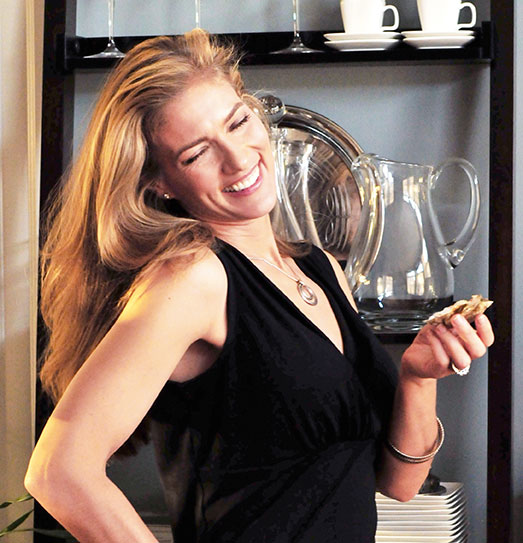Wednesday, February 5, 2020
With so much bogus diet advice, it’s no wonder people are confused about nutrition. But the truth about what we eat and why it matters is out there, if you ask science.
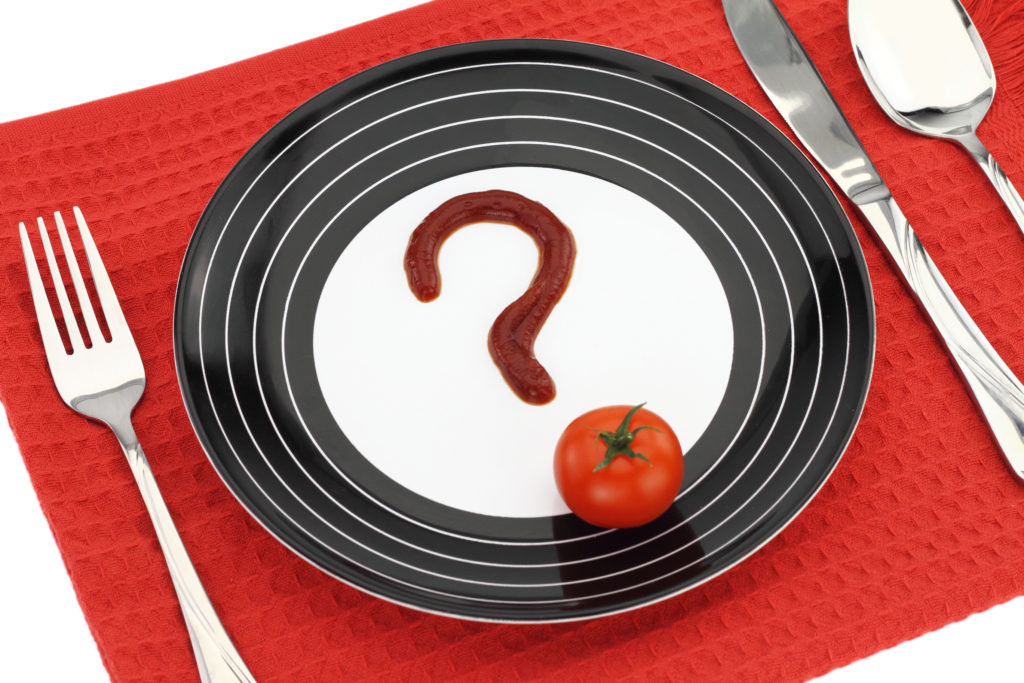
Do you feel like nutritionists are always changing their minds? Do you want science-based information about diet but don’t know who to believe? Do you wonder which diet is “best” for your body, or our shared planet?
Well, friends, welcome to the club. More than 8 in 10 Americans are bewildered about where the truth lies when it comes to diet, health, and sustainable eating. Yet 80% of chronic diseases are preventable—80%!!!—through modifiable lifestyle changes, and diet is the single largest contributing factor.
It’s that gap between what nutrition scientists know versus what everyday eaters think that led me to leave my academic job to refocus my career from doing science to communicating science in all the ways I can. Including, when possible, the occasional blog post. I blog rarely these days , alas, as most of my time is spent on books, speaking, and creating digital content.
(I’m working on a show for Netflix! They just don’t know it yet.)
The beginning of a new year is always a good time to rethink what’s on your plate—and most people have given up on their resolutions come February. So before you jump online and start googling how to eat, here’s an upshot of what the science says, why it matters, and how you can get unconfused.
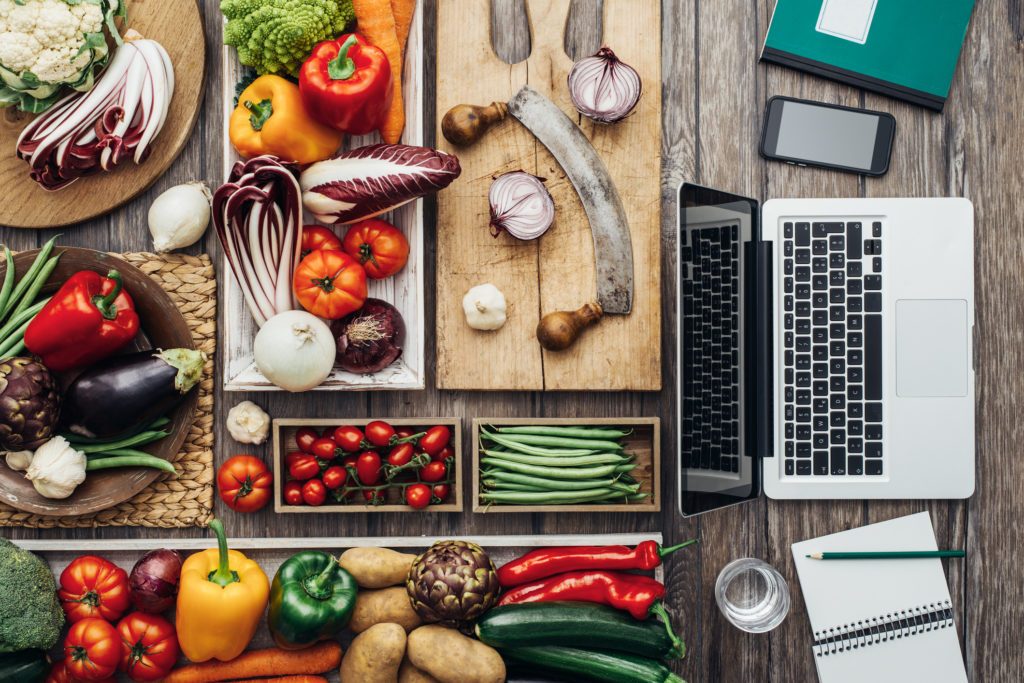
Forget Fads: Plant-Based Diets are Optimal
Clean eating or keto? Paleo or gluten-free? Whole 30 or vegan?
Forget social media, where misinformation and conflict thrive. Science has the answers you’re seeking—and there is way more agreement about diet and health than think. The scientific report from the 2015-2020 Dietary Guidelines for Americans, for example, concluded that a plant-based diet is best for human health and the environment. I’m not talking vegetarian or vegan diets, by they way, though those are wonderful for those so inclined: “plant-based” simply means limiting animal foods, especially meat and dairy. More than 75% of your meal should comprise vegetables, fruits and whole grains, and protein sources should include beans, peas, nuts, seeds and soy. Nutrition advice from Canada and Brazil is similar, alongside Harvard’s Healthy Eating Plate.
At the same time, the Food and Agriculture Organization of the United Nations and others concur that plant-based diets are more sustainable for our planet, largely due to the high energy inputs and environmental damage of livestock. I know you’ve gotten that memo.
“Plant-based” diets might sound like a fad now that they’ve become so popular. Yet the fact is they’ve been studied for decades. (It’s also the focus of my own research expertise in diet, obesity, and chronic disease prevention.) And, importantly, choosing forks over knives (as the saying goes) addresses simultaneously the chronic disease epidemic and the climate change crisis. Woot! It’s a win-win for your health and the environment, too!
And don’t fret: there is no “one size fits all” when it comes to creating a plant-based diet. The olive oil-and-red wine Mediterranean diet is fab, but the big reason it gets so much attention is because a bunch of white dudes starting studying other white dudes decades ago, culminating in a robust research base on white dudes; traditional medical research is notorious from omitting people of color, as well as women. Yet plant-based diets can be adapted to suit your taste preferences, traditions, and cultures. There’s a whole wide world of food: Do you! Check out the Blue Zones for inspiration, which features cuisine from Latin America and Asia and even the US showing how the longest-lived, healthiest people on Earth live and eat. (That we know about.)
So if science has the keys to a health-promoting, disease-preventing, planet-saving diet, why are people so confused?
Celebs, Physicians, Industry, and Media Create Nutrition Confusion
Diet advice comes from everyone and everywhere. I find it rather odd how nutrition, a science based in biochemistry, has so many self-appointed experts. It’s super weird, when you think about it.
Celebrities spouting junk science are at the top of my list of “why are people so confused about nutrition.” Super wealthy Hollywood stars love to sell diet schemes and gimmicks. Most sell products, which are pricey. Gwyneth Paltrow’s goop is now on Netflix, giving her an even bigger platform to mislead women (in particular) and take their money. Shall I remind you about the infamous jade egg, when she was sued? (Pro tip: Don’t stick a silky smooth gemstone up your cooch. Unless recreationally, I suppose.)
(I am resisting the urge to make many, many jokes here.)
Physicians—who are medical doctors trained to treat disease—are also major sources of diet misinformation. Most famous is Dr. Oz, who has been misleading viewers for a decade now. Did you know he was spanked by the Senate a few years back for misleading the public with the miracle cures offered on his show? (He got financial kickbacks, too.)
Be very, very wary of nutrition guidance from physicians: they get little to no training in nutrition, and many overstep greatly what little they know. Good medical docs know their knowledge gaps—hey, don’t come to me for surgery, or a prescription—and work with nutrition professions to care for patients rather than doling out outdated or incorrect diet advice. There are many excellent physicians, but nutrition is simply not what they’re trained to do, and those getting into it these days have a fraction of the knowledge of a nutrition professional who has dedicated their training and career to the field.
You may already be savvy enough not to buy into messages from people trying to sell you products, whether from a physician or celeb. But diet misinformation is much more insidious than that. Last year’s list of the Top 100 diet influencers, for example, showed that most were bloggers or athletes with no expertise—and have millions of supporters on social media. Health Feedback, a network of scientists that reviews the accuracy of online content with the Credibility Coalition, found most diet articles from these sources were “exaggerating the benefits and harms of various foods.”
Sound familiar?
And—UGH!—eaters can’t even always trust traditional mainstream media to shed light on food and nutrition issues. Single-study sensationalism overstates results—Glyphosate in oats! Coconut oil and weight loss! Coffee causes cancer!—and lack context. In other words, individual research reports are highlighted, with no mention of the broader scientific consensus on a topic.
Remember when CNN interviewed an anti-science, anti-vaxxer zealot? Or when the Los Angeles Times tweeted that there’s a “growing belief” about the health benefits of celery juice. (Pro tip: It’s not a thing. Come on.)
Oh, and we have an administration here in the US espousing science denialism from the top levels of government. And powerful food and agriculture lobbies still exert influence on dietary guidelines and obscure the science, leaving eaters like you skeptical.
There are many more factors that are unhelpful to eaters like you simply wanting to get a meal on the table, from crowded food packages with misleading claims to popular food writers and journalists who have made their living undermining nutrition. You get my drift, so let’s move on.
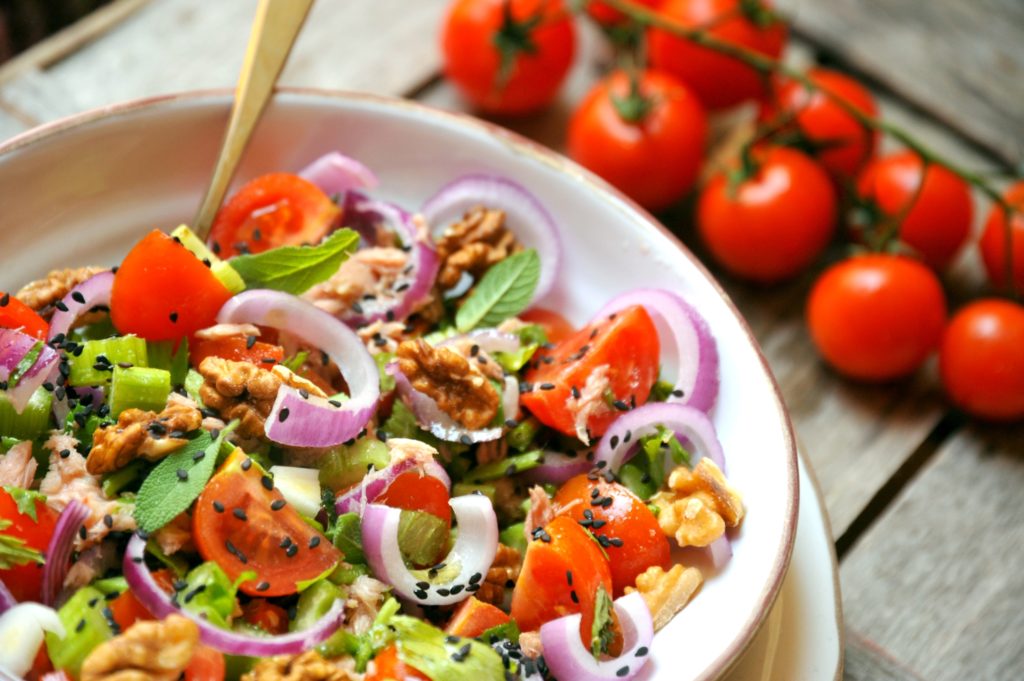
How to Get Out of the Goop and Get Your Science On
The best thing you can do to discern nutrition science from nonsense is to ask critical questions. Does the writer have an advanced degree in nutrition, or does she or he have expertise in science journalism? Are there references to peer-reviewed studies or scientific organizations? Is the source credible? Are miracle cures or quick results promised? Are there expensive price tags for magic bullets? Does it sound like click-bait? Questioning the who-what-where-why-how is paramount (and my handy-dandy infographic will help).
Be particularly wary of social media: what flits through your newsfeeds often comes via clever algorithms that tell you want you want to hear, factual or not. Get curious about what you eat and why it matters and go beyond your comfort zone; you may need to “unlearn what you have learned” to find the truth.
Finally, try this on for size: Nutrition. Isn’t. Confusing. Yes, we live in a culture of nutrition confusion for all of the reasons I’ve discussed. Plus, we all have cherished traditions and values; what we eat isn’t just about the science. (At least, I hope not.) But there are fundamental food and nutrition facts—the subject of my most recent book Food and Nutrition: What Everyone Needs to Know that will inspire you to harness the power of food to promote health, prevent disease and protect the planet. And change is possible, so grab a copy of my free “ebook” (it’s super short) to get you one your way, whatever your health goal may be.
Because if you look to science, the truth is out there.
And I’m honored to be here for you to provide evidence-based and unbiased information.
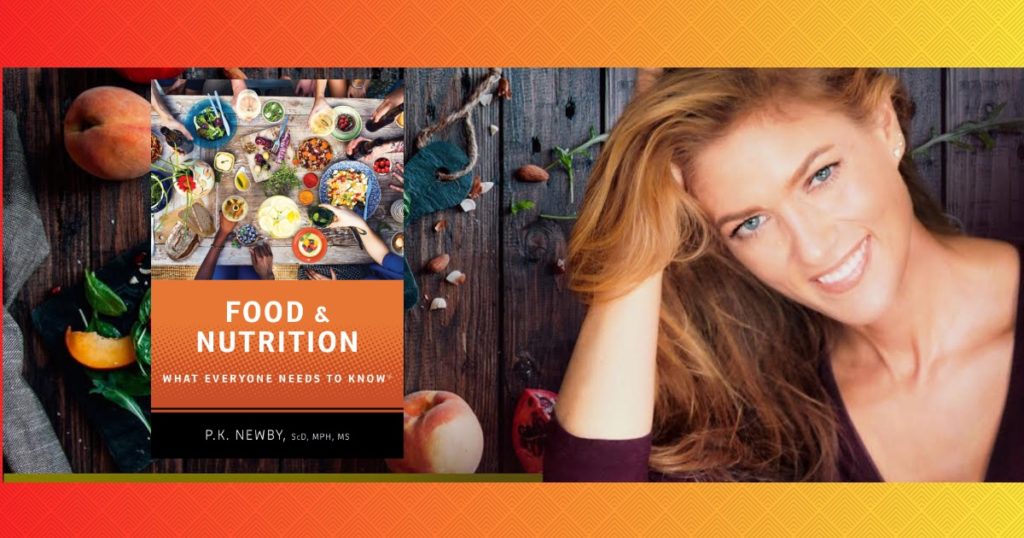
—
Learn more about nutrition scientist and food personality Dr. P.K. Newby, and check out her newest book. You can also follow her on FB, where she is much more active than on this blog. Or, click here if you just want to ogle food porn featuring plant-based, globally-inspired cuisine. Note: This article based on last year’s original article published in The Conversation.

